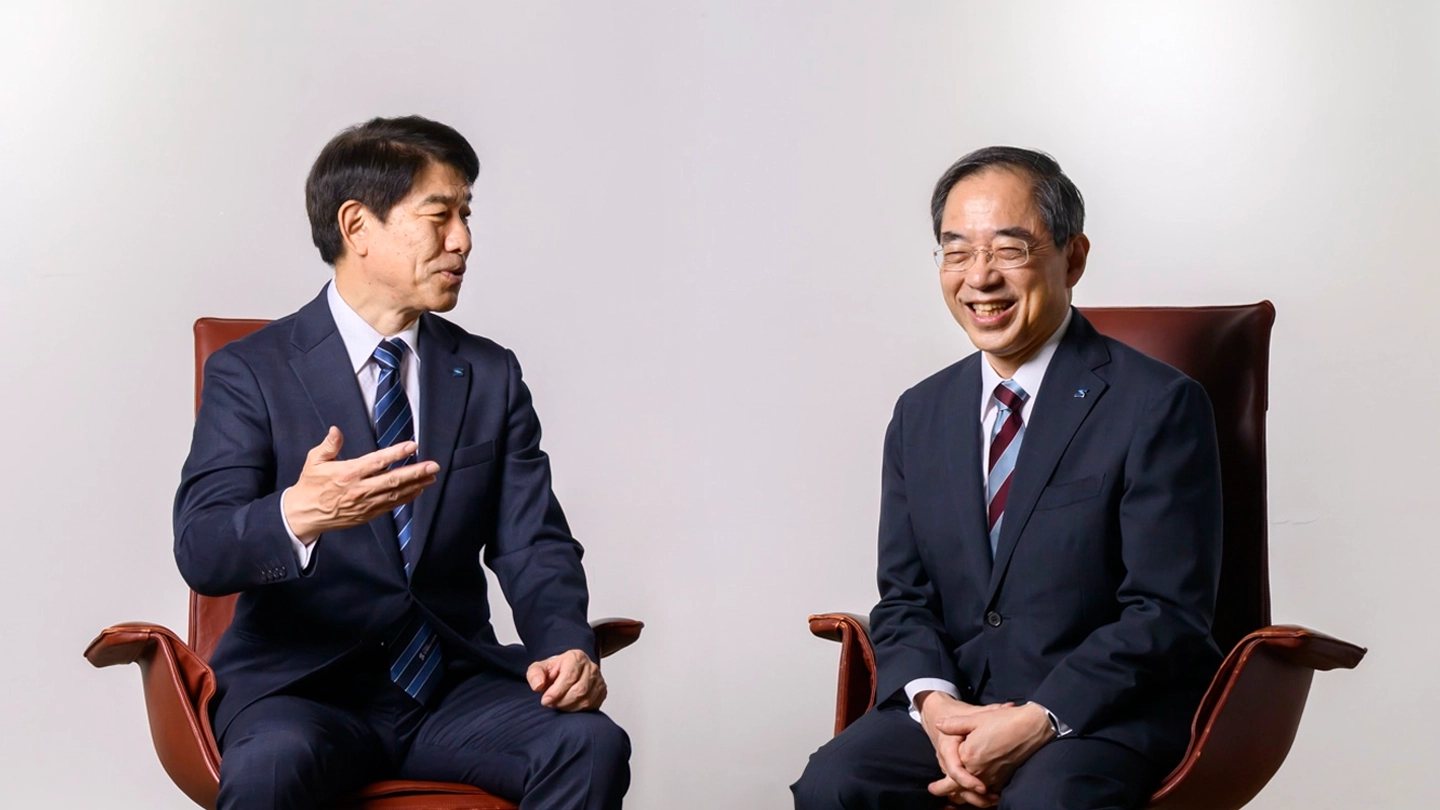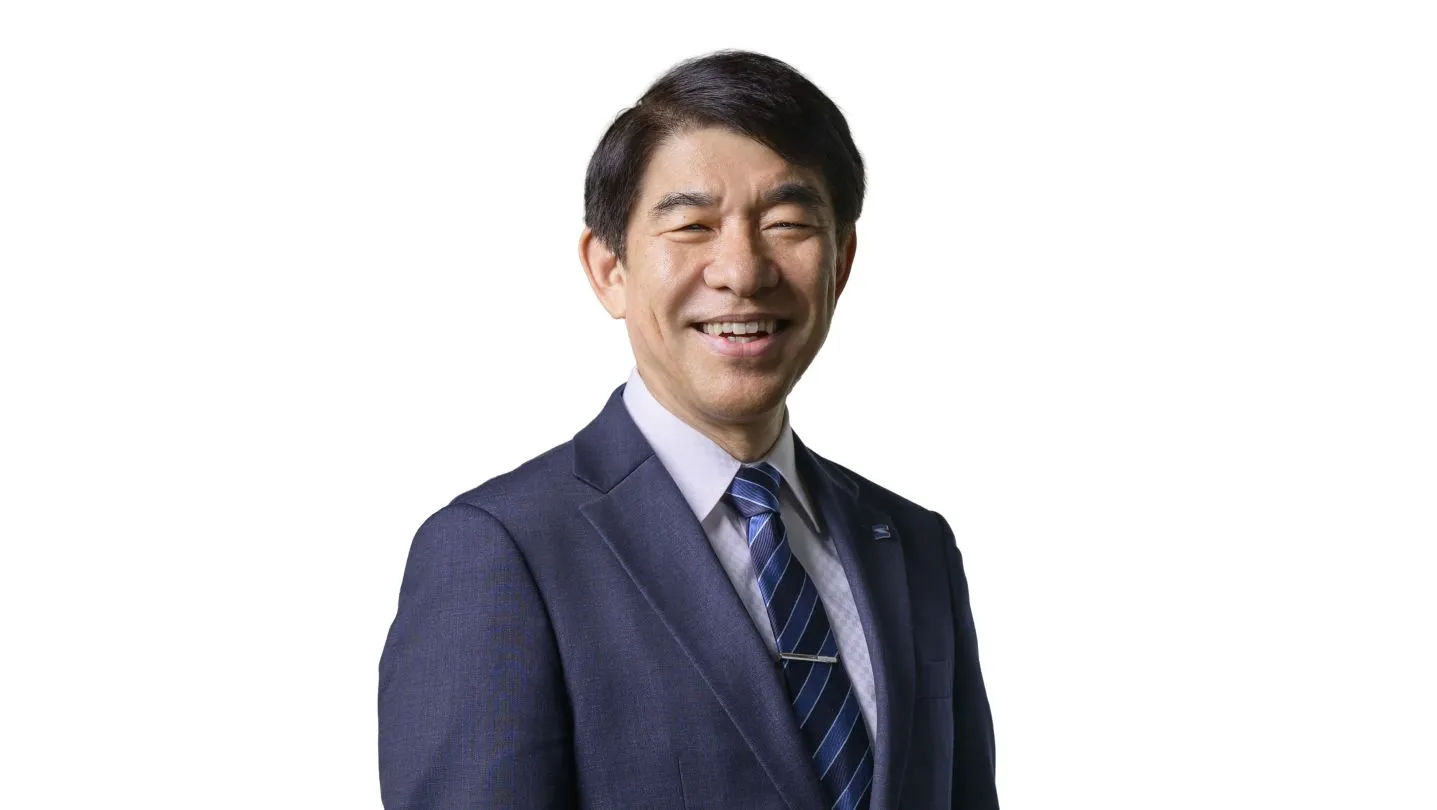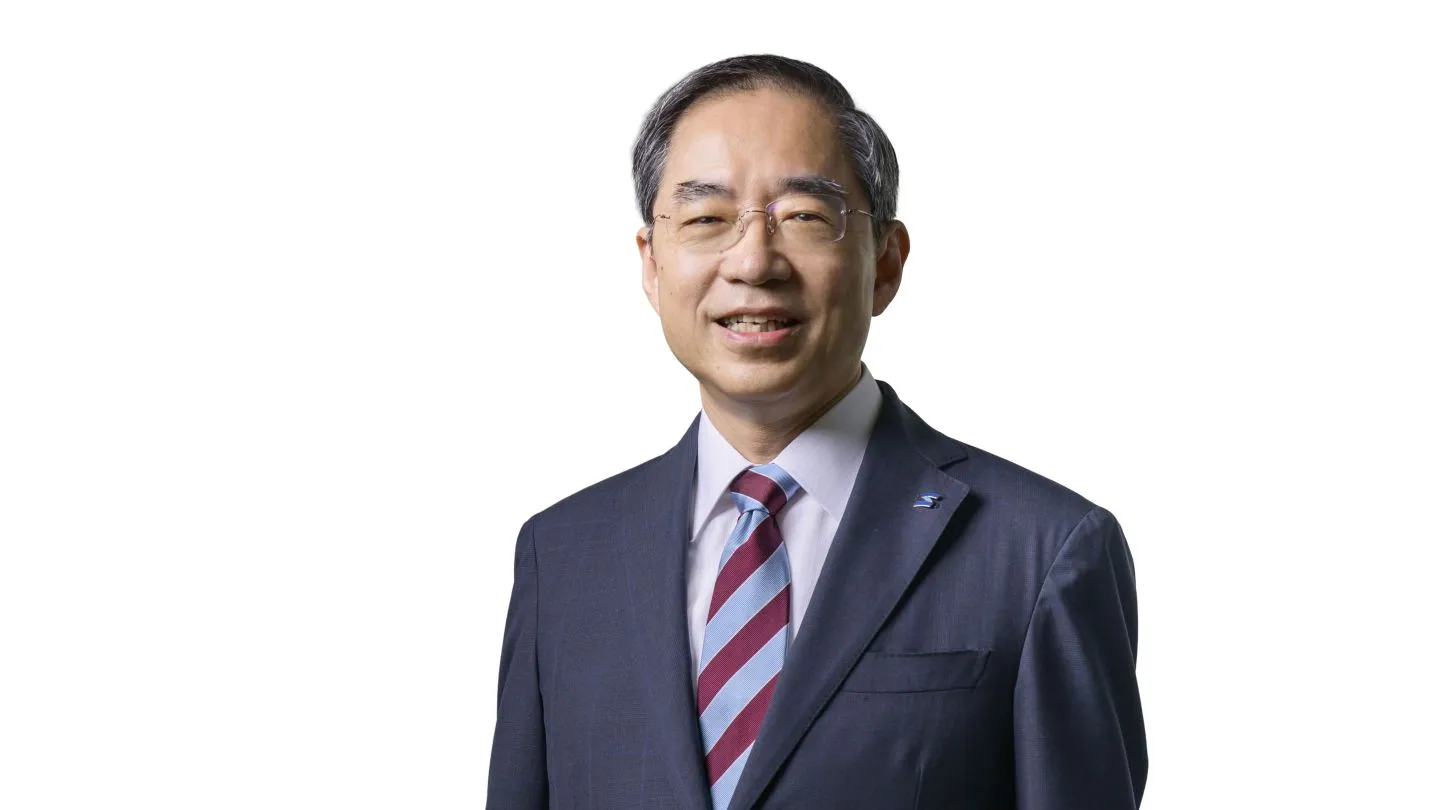Science Tokyo — Leading the world through the power of science
Messages from President & CEO Ohtake and President & CAO Tanaka as Science Tokyo’s first anniversary approaches

Believing in the transformative power of science to create a better, brighter future
Naoto Ohtake
President and Chief Executive Officer (CEO)
Science Tokyo set sail in October 2024 as a new university with “science” at its core. In these uncertain times, the Institute firmly believes in the power of science and envisions a future where science enables the achievement of a better life, a better society, and a better planet. Science Tokyo is developing and nurturing professionals capable of realizing this threefold vision.
To achieve its goal of becoming a world-leading university, Science Tokyo has defined two tiers of university management — the foundational tier and the original tier. The foundational tier is about building a global-standard governance structure. To realize a high level of diversity, fairness, and inclusiveness for all stakeholders, the Institute aims for a free and flat environment where everyone is respected equally and empowered to speak up. The original tier focuses on continued promotion of education and research based on practical science, and cooperation with various universities at home and abroad to formulate a world-class research structure. Science Tokyo’s aim is to cultivate homegrown talent while openly welcoming leading researchers from around the globe.
As the chief executive officer in charge of the national university corporation’s management, I intend to devise simple yet bold initiatives to determine what is needed to create positive impact in society, and what is required to develop talented professionals.
Vision-driven interdisciplinary research
One specific action is the introduction of the Visionary Initiatives (VIs), which form a vision-driven interdisciplinary research framework encompassing diverse research fields and stages. This Institute-wide approach for implementing research and education across disciplines goes beyond solving societal challenges to help realize a “better, brighter future.” As of August 2025, approximately 360 researchers in total are participating in the activities of six VIs, and more VIs are being planned. Going forward, Science Tokyo will advance research and education further by inviting researchers from domestic and international universities and companies, as well as all Science Tokyo researchers, to participate in the VIs. The Institute is committed to creating positive outcomes that contribute to Japan and the world by generating real societal impact through its VIs.
Using platforms such as the Institute of Biomedical Engineering to channel VI efforts for enhanced societal impact, Science Tokyo will advance a global innovation ecosystem through collaboration with domestic and international stakeholders. Domestically, Science Tokyo is promoting teamwork through endeavors such as the Future Leading Innovation Partnership (FLIP), which also includes Ochanomizu University, Tokyo University of Foreign Studies, and Hitotsubashi University. On the global stage, Science Tokyo is fostering researcher recruitment, student exchange, and industry-academia collaboration with Imperial College London in the UK, RWTH Aachen University in Germany, Massachusetts Institute of Technology and Harvard University in the US, partner universities primarily in Asia, and other universities that share the VI vision. As an open-system university, Science Tokyo will continue to explore opportunities for collaboration and co-creation with all stakeholders worldwide.
Threefold esprit that defines Science Tokyo
The predecessor universities of Science Tokyo — Tokyo Medical and Dental University (TMDU) and Tokyo Institute of Technology (Tokyo Tech) — both pursued the “creation of new industries and medical treatments” since their founding. Both institutions also consistently centered their approach on “education through advanced research.” TMDU accepted the largest number of critically ill patients in Japan during the COVID-19 pandemic, while Tokyo Tech provided technical support for recovery efforts following the Fukushima nuclear accident caused by the Great East Japan Earthquake, demonstrating the “proactive attitude when facing crises” of both predecessors. Science Tokyo intends to cherish these three forms of esprit as it pioneers the next frontier.

Profile
Ohtake earned his doctoral degree in mechanical engineering from Tokyo Tech in 1992. He became a professor of the Department of Mechanical Sciences and Engineering, Graduate School of Science and Engineering, Tokyo Tech in 2010. He was appointed the director-general of the Institute of Innovative Research, Tokyo Tech in 2022. He assumed his current position in October 2024. Ohtake specializes in functional materials and thin film technology.
Fostering innovation rooted in convergence science through the circulation and exchange of intellect
Yujiro Tanaka
President and Chief Academic Officer (CAO)
Society faces many challenges, such as climate change, natural disasters, poverty, infectious diseases, and international conflicts. Attempts to solve all these problems in today’s zero-sum society will lead to inequalities and divisions. That is why a change in the direction of our society, from zero sum to positive sum, is needed. Innovation is paramount in this context. Science Tokyo’s duty is to spawn innovations in diverse fields to overcome numerous societal issues.
As the academic head of the organization, I aim to create an environment where intellect is circulated, exchanged, and mixed among all stakeholders, including faculty, students, medical personnel, technical and administrative staff, and university research administrators. Such an environment is required to create innovations. To ensure that these innovations make a real contribution to people’s wellbeing, Science Tokyo must stay connected with society from the early stages of research, listen to what people have to say, and work together. I want Science Tokyo to be a university that is truly open to society.
Cycle of intellect born from autonomy and collaboration
The president and CEO envisions the overall framework of the national university corporation, while I create the university organization through both autonomy and collaboration. Intellect can only be seamlessly circulated and exchanged among stakeholders when each person embraces autonomy and the spirit of collaboration. Science Tokyo aims to foster a culture of autonomy and collaboration, and an organization that promotes such culture.
To this end, Science Tokyo has established three new research institutes: the Institute of Integrated Research, which promotes research in various fields; the Institute of Future Science, which is dedicated to innovative research for future society; and the Institute of New Industry Incubation, which consolidates industry-academia collaborations that promote joint research and the development of future talent. A fourth research institute, the Institute of Biomedical Engineering, was launched in 2025. It fully utilizes the hospital as a platform for co-creation and implementation, while also serving as an “intellectual crossroads.” Here, medical and dental sciences researchers collaborate from the outset in the same space with science and engineering researchers. This environment is expected to foster innovative new medical technologies through the integration of the medical and dental sciences, and science and engineering disciplines.
Developing doctoral students who lead innovation
We can apply engineering and medical science to create surgical robots, or science and medicine to develop new drugs. However, this integration is no longer limited to science and engineering, or the medical and dental sciences. The removal of boundaries that separated these scientific fields encourages free collaboration and unlimited integration across these fields.
Science Tokyo strives to actively develop and nurture doctoral students who will lead innovation. The Institute is leveraging its networks with industry to create a framework for developing doctoral graduates together with society. International perspectives and startup strategies are particularly important in terms of talent acquisition, and Science Tokyo is forming comprehensive partnership agreements with highly active universities outside Japan to promote exchange of students and researchers. The Institute is also formulating a system for supporting business startups by doctoral students, allowing them to freely come and go between labs and their startup companies. In the near future, Science Tokyo will see the birth of some amazing innovations.

Profile
Tanaka completed the doctoral program at the Graduate School of Medicine, TMDU in 1985. He became a professor of the Department of General Medicine, TMDU Medical Hospital in 2001. He was appointed the president of TMDU in 2020. He assumed his current position in October 2024. Tanaka specializes in gastroenterology and medical education.
Report on Science Tokyo stakeholder survey
Science Tokyo conducts regular stakeholder surveys to ensure continuous dialogue and co-creation.
The Institute greatly values the voice of the broader community and aims to grow the Science Tokyo brand together with the public to realize its mission of “advancing science and human wellbeing to create value for and with society.” To mark the first anniversary of its establishment, Science Tokyo conducted a survey regarding awareness and perception of the Institute among students, faculty and staff, alumni, partner companies, prospective students, and the public. The findings of this survey will be used as a guide for the Institute’s future activities. Science Tokyo extends a warm thank-you to all those who participated.
The survey found that approximately 50 percent of the public is aware of Science Tokyo. Despite its relatively young age, the Institute aspires to become a university recognized and trusted by society both at home and abroad.
The survey also indicated that many people associate Science Tokyo with cutting-edge research and contributions to industrial and technological development. In addition to maintaining these attributes, Science Tokyo aims to undertake various initiatives as a world-leading university going forward, including addressing societal challenges and fostering the image of a global institution.
Finally, the survey showed that while the name Science Tokyo is recognized by over 90 percent of the Institute’s students, faculty, staff, and alumni, it is still gradually gaining recognition externally. As the Science Tokyo community continues to promote its name to achieve wider, more natural use across society, we invite you to use it when possible.